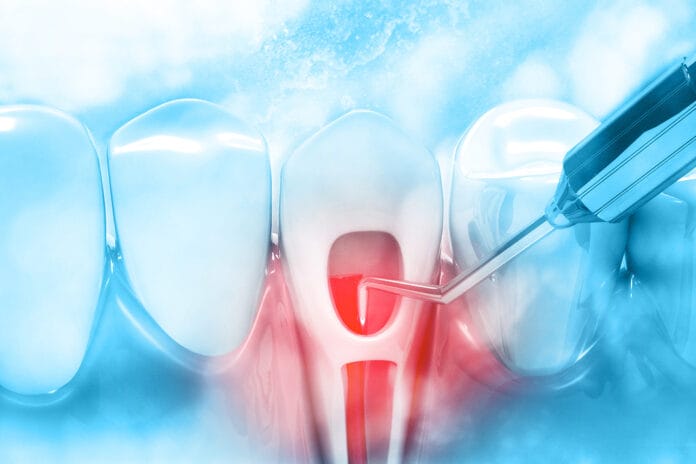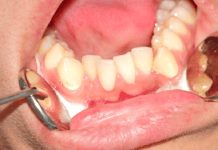Patients often ask dental hygienists about doctors’ treatment recommendations, including further explaining the need for treatment, the procedure itself, and the outcome of said treatment recommendation. One of those treatment recommendations is root canal treatment (RCT) and the longevity of treated teeth.
According to a study published in the Journal of Dental Research on the longevity of teeth after root canal treatment, teeth can survive about 11 years after a root canal. This study analyzed electronic dental records from around 46,000 patients who underwent RCT in community dental practices. The Indiana University School of Dentistry and Regenstrief Institute study is the first to analyze data from community dental providers.
According to Thankam Thyvalikakath, DMD, MDS, PhD, director of Regenstrief-IU School of Dentistry, “The findings of this study give deeper insight into the longevity of dental procedures because it provides real-world data on a wider range of patients, not just those receiving care in large health systems or those who are insured.” Therefore, the data can be used to inform dental practices, thus helping dentists and patients to make better decisions.
The Study
Researchers collected de-identified electronic dental information from the National Dental Practice-Based Research Network comprising solo dentistry providers and 99 small groups around the U.S. of patients who received root canal treatment. The data includes over 46,000 patients and 71,283 root canals on permanent teeth.
The researchers used the Kaplan-Meier estimator to estimate the survival rate of a tooth after the first root canal treatment. Researchers used Cox proportional hazards model to account for patient- and tooth-specific covariates.
The role of this research was to quantify the longevity of treated teeth in community clinical settings. This research also aimed to test the hypothesis that tooth longevity depends on a patient’s age, dental insurance, gender, geographic region, and crown placement or any other restoration(s) soon after a patient undergoes root canal treatment.
Study Findings
According to the data analyzed, the overall median survival of a tooth that has undergone RCT is around 11.1 years. However, 26% of teeth showed a survival rate beyond 20 years. Various factors can affect the longevity of teeth treated with a root canal, including follow-up treatments. The research further revealed that:
- Teeth that received restorative treatment soon after RCT before the crown was placed had a median survival time of 20.1
- Teeth with only a crown had a median survival time of 11.4 years
- Teeth with only a restoration after RCT (no crown) had a median survival time of 11.2 years
- Teeth with no restoration and no crown had a median survival time of 6.5 years
Further, there were some disparities in longevity when it came to geographic regions. For instance:
- Northeast: 20.5 years
- Midwest: 11.2 years
- Southwest: 11.2 years
- South Atlantic: 9.1 years
- South Central: 9.0 years
- Western: 8.7 years
The study revealed that the availability of insurance played a significant role in tooth survival after RCT. Placement of a crown and/or restoration immediately after root canal treatment showed to have a significant impact on tooth survival time. This demonstrates the need for insurance carriers to provide better coverage of these restorative treatments. Age and gender were not significant predictors in univariable analysis; however, gender was a factor after accounting for other variables in multivariable analysis.
This research gives more representative data of the general population than previous studies. Also, it shows that it’s possible to gain meaningful insights by using existing data from routine dental care.
Before you leave, check out the Today’s RDH self-study CE courses. All courses are peer-reviewed and non-sponsored to focus solely on high-quality education. Click here now.











